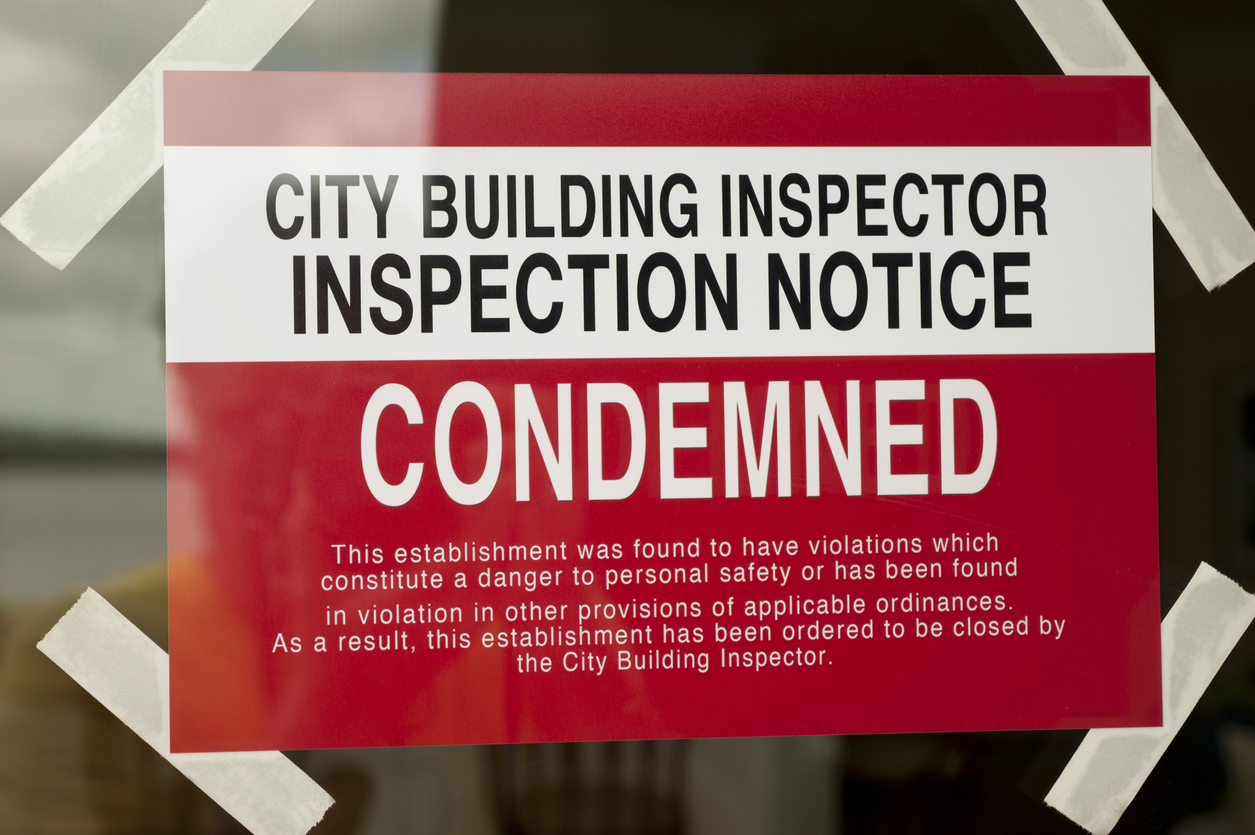Another Steve Badger versus Chip Merlin Rematch will take place this Thursday at the Texas Association of Public Insurance Adjusters (TAPIA) Fall Conference. In preparation for this debate, I came across another example of a Texas city being abused in the property insurance claims process by the Texas Municipal League Intergovernmental Risk Pool.
Risk pools often help governmental entities fight off third party liability claims. Many municipal managers and elected officials seem quite happy with those types of services and usually lower rates. From my view and experience, risk pools often treat their own customers as third parties and look for ways to minimize property insurance claims payments. Rather than acting in good faith and providing peace of mind, property insurance claims are often undervalued and then fought.
The City of Hidalgo property insurance claim was pending before the Texas Supreme Court until the court denied a Writ of Mandamus sought by the Risk Pool. This case is a recent example of what Texas cities can expect from the Risk Pool.
First, the claim was delayed and then the Risk Pool further delayed matters with recurrent and failed attempts at appeal. The Risk Pool even took the legal position that the city could not sue it because of governmental immunity. How arrogant is it that the management of the risk pool would take such a position – feeling it can act with complete immunity from contractual promises it makes to its own members. Texas judges stopped that argument.
Here are background facts alleged by the city:
On June 1, 2016, a powerful storm comprised of heavy rain, hail, and winds between 85 and 100 miles per hour hit the arena with enough energy to snap the trees surrounding its exterior and launch a golf cart through its rolling steel door. The storm collapsed the arena’s western wall and caused significant structural damage to the exterior of the main entrance. The storm also caused damage to the Building’s roof allowing water to enter and continuously flow throughout the interior of the structure. The water caused extensive damage to the main seating area, arena suites, offices, dressing rooms, restrooms, ticketing area, and mechanical operations center.
The next day, the City filed a claim with its government self-insurance pool administered by the Texas Municipal League (Risk Pool). The Risk Pool subsequently assigned an adjuster to adjust the City’s Storm claim and prepare an estimate of the City’s damages.
On…June 27, 2016, the Risk Pool sent the City a claim check in the amount of $283,666.81 – the amount the Risk Pool alleged was owed to the City after applying the $2,500.00 deductible to the claim and withholding excessive depreciation, as well as overhead/profit. This amount was wholly insufficient to repair and/or replace the covered damages to the Property resulting from the 2016 Storm, as the City’s actual covered damage to the Property as a result of the Storm exceeded $7,329,546.
The City gave the Risk Pool notice that payment was insufficient to compensate its loss. When talks failed, the City retained counsel. On May14, 2018, the City attempted to invoke its contractual right to appraisal. The Risk Pool rejected the City’s invocation and refused to participate in the appraisal process.
On August 8, 2018, the City moved to compel appraisal which the trial court granted on February 28, 2019. The Risk Pool filed a notice of appeal on March 5, 2019, claiming the court’s order compelling appraisal served as a denial of its immunity from suit. On January 9, 2020 the Thirteenth Court of Appeals affirmed the trial court’s order compelling appraisal. On January 22, 2020 the Risk Pool filed a motion for rehearing. On March 3, 2020 the Thirteenth Court of Appeals filed an updated opinion clarifying its original decision. On March 27, 2020 the Risk Pool filed a second motion for rehearing which was disposed on April 22, 2020.1
From these facts, one can see it took over three years just to force the Risk Pool to go to the alternative dispute resolution process of appraisal. The Risk Pool refused to acknowledge its decisions were even subject to judicial review. Why would anybody buy insurance from people who manage in a manner where their actions cannot be questioned?
Eventually, an appraisal was entered which was not favorable to the city. The city prevailed in vacating that appraisal award based on facts proving that the umpire and/or the Pool’s appraiser were not “disinterested,” but biased.
Merlin Law Group has represented numerous cities, school districts, and other governmental entities. Most are overwhelmed when a catastrophe hits and they need all the professional claims help they can get. They certainly do not need their own Risk Pool to be an enemy. Any governmental servant should not purchase property insurance from a Risk Pool that acts in this manner described above.
The rest of this story about how the City of Hidalgo prevailed will be discussed in the Badger v. Merlin Rematch. Hope you will be in attendance.
Thought For The Day
I done wrestled with an alligator, I done tussled with a whale; handcuffed lightning, thrown thunder in jail; only last week, I murdered a rock, injured a stone, hospitalised a brick; I’m so mean I make medicine sick.
—Mohammad Ali
________________________________________
1 See City of Hidalgo Response to Petition for Writ of Mandamus, 9-10, In Re: The Texas Municipal League Intergovernmental Risk Pool, No. 21-0308 (Tex.).




